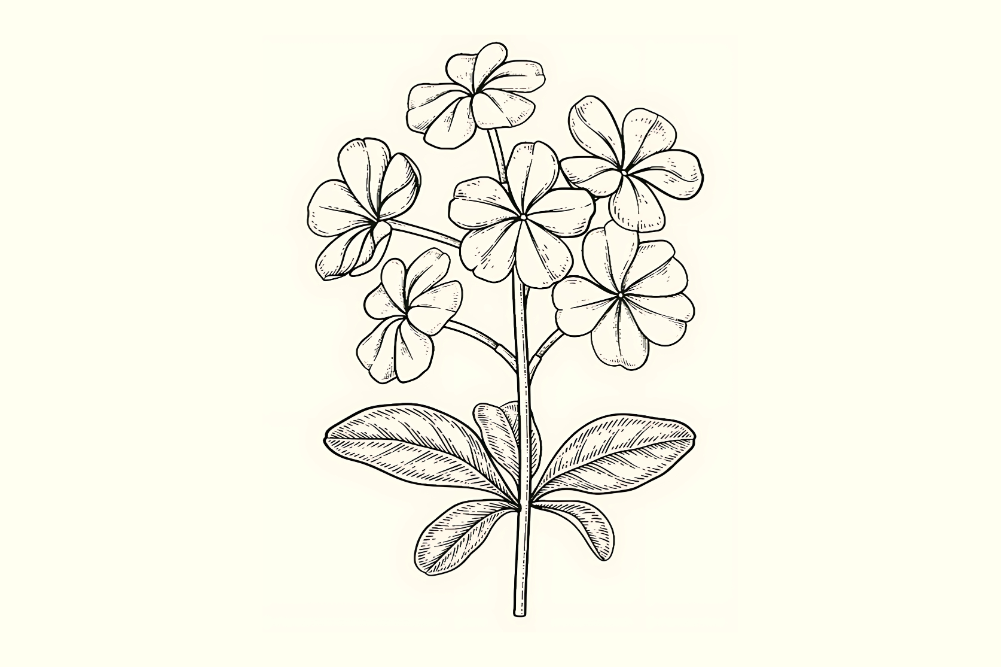How to find the best Sustainable & Stylish Footwear
Runners & trainers are a massive business, but they also leave a huge eco-footprint. We track down the most sustainable & stylish footwear.
We know the importance of making a great first impression, but did you know that the initial thing people judge us on is often our shoes? Our footwear can reveal our age, social status, income bracket and even our political ideology. Think about it: Birkenstock-wearers are stereotypically young and easy-going and, as such, are more likely to possess liberal views. On the other “foot”, high-end designer heels are tied to wealth and, generally, assertive personalities and more conservative stances.
In 2012, a group of researchers at the University of Kansas conducted a study on this theory to determine if we can evaluate a person by their footwear. In the study, they showed participants photographs of strangers’ shoes and asked them to guess distinct personality traits. The participants were able to correctly assess 90 per cent of the wearer’s characteristics. Next time you slide on your go-to pair of runners, you might want to take a closer look. “Considering overall patterns of perception, they [the researchers] concluded that comfort and attractiveness of shoes most accurately reflect the personal characteristics of the wearer,” writes author Wendy L Patrick about the study’s findings in Psychology Today. “It turns out that when expressing some aspects of our personality, shoes speak louder than words.”
If our kicks have the power to divulge our identities, then what do they say about us on a sustainable level? Personally, I like to think of myself as an eco-conscious consumer. When I first heard about the fashion industry’s harrowing impact on the environment (including the proliferation of textile waste, pollution and water consumption), I made a pledge to commit to second-hand clothes shopping. Even when rifling through op shop racks or scrolling on pre-loved clothing app Depop, I still narrow my purchases to Australian-owned brands, opt for quality materials and invest in timeless pieces. On paper, I’m a sustainable shopper. But my shoe collection — cheap, brand new and copycat versions of hype-driven trends — says otherwise.
The environmental cost of footwear
The environmental cost of the sneaker industry is often left out of the fast fashion conversation, as are the ethical ratings of popular shoe brands such as Nike and Adidas. But the basic nature of shoe construction means that footwear (and runners in particular) are highly problematic for the planet. “If you think about the number of components that create a sneaker, each of those components potentially comes from a different manufacturer that is all then sent to one centralized manufacturer, that is then sent out to distribution centers and then sent out again and again,” material design expert Christopher Snyder tells HighSnobiety, an online sneaker and streetwear-focused site.
The complexity of the sneaker supply chain is a big contributor to the carbon footprint of shoe production, which currently accounts for 1.4 per cent of the global greenhouse gas emissions. This daunting figure was justified in a 2013 study conducted by Massachusetts Institute of Technology (MIT), which found that an average pair of running shoes made of synthetic materials generates 13.6 kilograms of CO₂ emissions. Now, taking into the fact that, according to The World Footwear Yearbook, over 24 billion pairs of shoes are produced each year (sneakers accounting for the largest share), and you have an ecological catastrophe.
The material composition is another running concern, as the sneaker industry depends heavily on plastic. In terms of functionality, the synthetic material ticks a lot of (shoe)boxes. Plastic makes sneakers lighter, more comfortable and more affordable, and is far more durable than natural materials. But trainers aren’t made from a single plastic; most shoes are created using a combination of different plastics, from ethylene-vinyl acetate (EVA) to rubber, that are stitched and glued together via methods that make them difficult to recycle. “Sneakers cannot be recycled currently. Once the material is on a sneaker, it is incredibly hard to recycle,” Snyder tells HighSnobiety. “There’s not a chemical process that would be able to strip all those [materials] into different components.”
Sustainable shoes on the rise
If you’re an avid shoe collector, don’t despair. There is a range of sustainable footwear brands that are stomping these ecological issues into the ground. There are brands where every shoe is made from raw materials sourced from organic farming and ecological agriculture, without chemicals or polluting processes. The list of materials reads like an eco-fashionista’s dream: organic cotton, recycled corn waste, Amazonian rubber, banana oil, rice waste and sugar cane.
Don’t think that just because they lack pretty and practical plastic, they also lack style. From the concrete streets of New York City to Queensland’s beachside boardwalks, designer and vintage sneakers are widely available. You can even find post-petroleum running shoes that pair bio-based and recycled materials with performance features. Indeed, sustainable footwear is trending. According to The 2021 Conscious Fashion Report from global fashion shopping platform Lyst, page views on the site for biodegradable shoes jumped by 348 per cent year over year, while demand for recycled sneakers increased by 55 per cent. In the same period, there was a 67 per cent spike in page views for vegan sneakers on Lyst, following Nike’s launch of the vegan Air Jordan with singer Billie Eilish. Big industry players such as Nike and Adidas are taking a step in the right direction with these new eco-friendly products and sustainability initiatives.
But if you’re hunting for the most ecologically sound pair out there, turn to smaller brands that have built entire business models around a sustainability focus. These smaller brands can use materials such as merino wool, sugar cane and even eucalyptus to produce minimalistic shoes that are lightweight and odour-resistant.
At the end of the sustainable race, no new shoe is beneficial to the environment. But you can still put your purchase power to good use by championing the brands that are taking an ecological approach to footwear. Ready to make a great first impression? It’s time to put your best foot forward.
5 tips to shop sustainable footwear
- Buy pre-loved. The best purchase you can make for the planet is second-hand to close the loop on fashion waste and create a circular footwear economy. If possible, shop at local vintage stores to reduce your carbon footprint.
- Do your research. Found your dream pair of kicks? Before you buy them, turn to the Good on You app and search the brand name. The app gives companies a holistic rating based on how their ethical practices impact the planet, people and animals, to help inform your decision.
- Check the materials. Material composition plays a major part in a shoe’s level of sustainability. Check the runner’s tag for planet-friendly materials, such as recycled plastic, lyocell, organic cotton, hemp, wool felt and natural rubber. If the tag lists synthetic materials or leather, pop it back on the shelf.
- Select cruelty-free fabrics. Vegan leather looks and feels like real leather, sans animal skin. As raising livestock has a large carbon footprint, vegan is a much more sustainable option.
- Look for environmental certifications. Sometimes brands greenwash their marketing, so it’s important to check qualifications for authenticity. Look for certifications from organisations such as the Global Recycled Standard, OEKO-TEX and the Global Organic Textile Standard.
According to The 2021 Conscious Fashion Report from global fashion shopping platform Lyst, page views on the site for biodegradable shoes jumped by 348 per cent year over year, while demand for recycled sneakers increased by 55 per cent.
Kayla Wratten is a Brisbane-based journalist. When her head isn’t stuck in a good book, you’ll find her on the yoga mat, in a dance class or writing inspiring stories. Find her on Instagram at @kaylawratten.
Photography Getty Images







